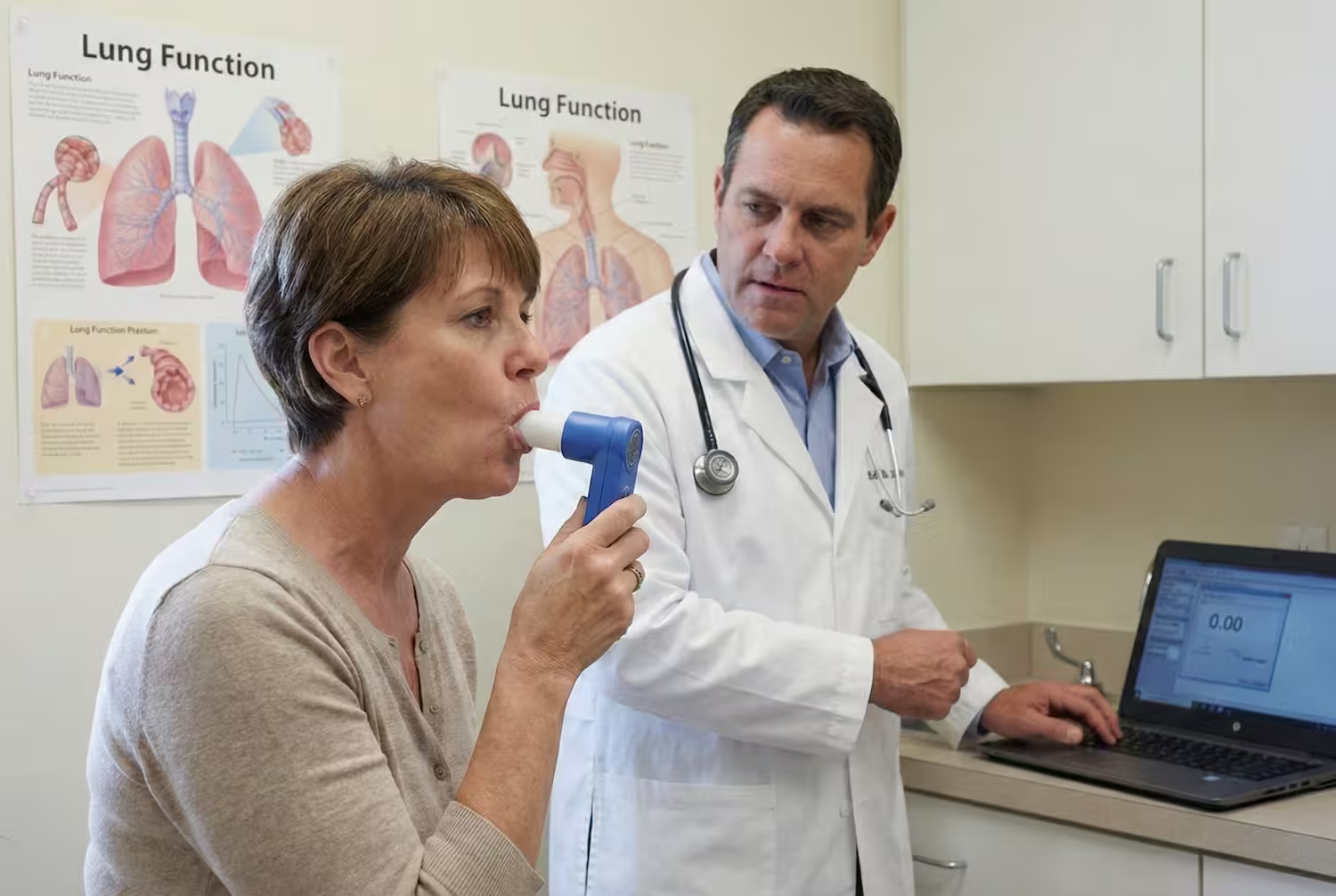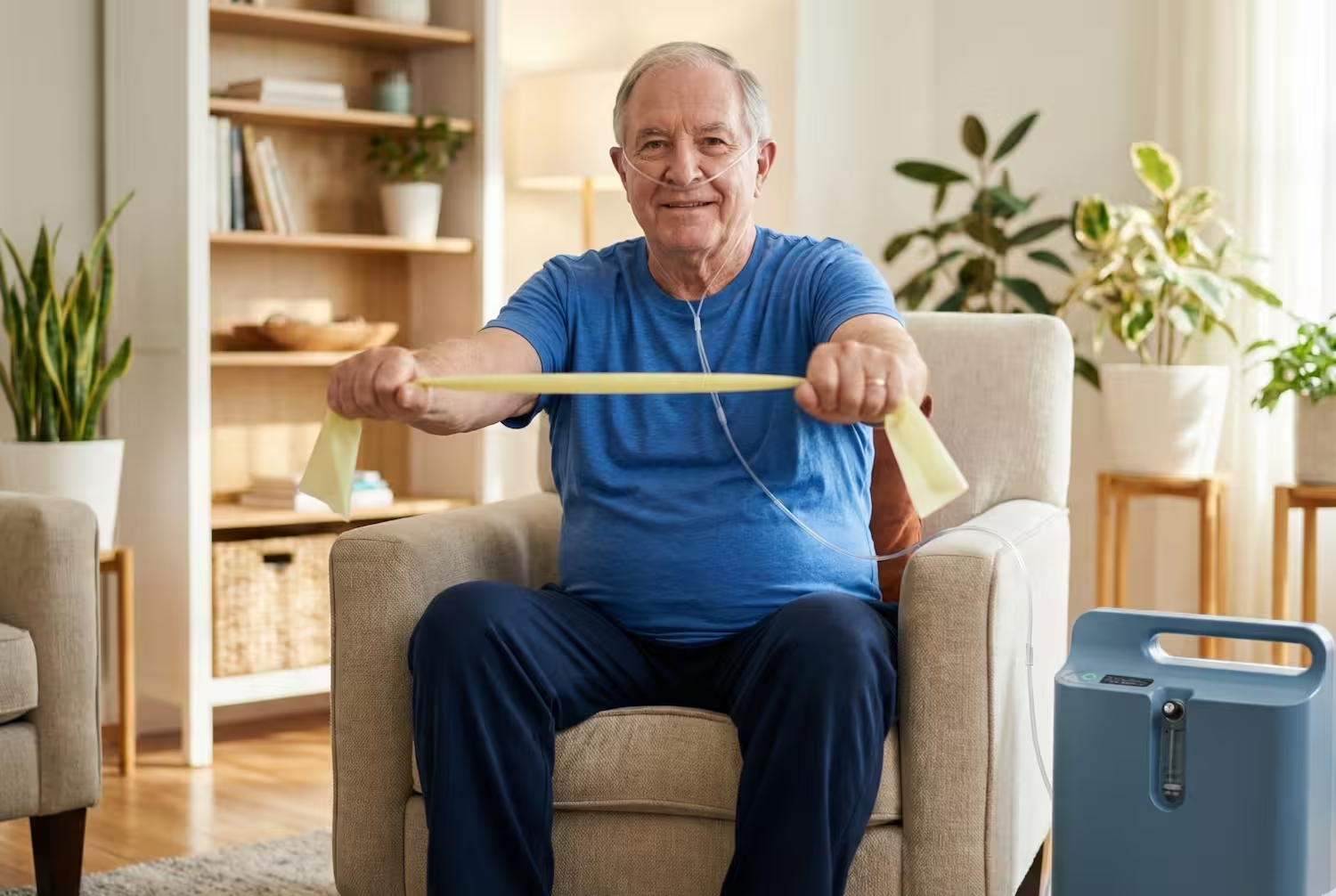
As we age, our bodies often require some extra care and attention. Knee replacements have become a common solution for many dealing with severe knee pain and immobility, effectively restoring one’s quality of life.
However, like any surgical intervention, they aren't without potential complications. We’re here to help guide you through one such issue: loosening of the knee replacement.
Ready to discuss potential causes, symptoms, and preventative measures to help you feel more confident on your journey toward optimal health? Let’s break it down.
What Is a Knee Replacement?
Knee replacement, or knee arthroplasty, is a common surgical procedure that aims to relieve pain and restore function in severely diseased knee joints. A doctor replaces the damaged portions of the knee with artificial parts. Many individuals who have undergone this procedure can attest to the transformative power it has in restoring mobility and improving their quality of life.
However, a knee replacement is not a cure-all solution — it's a clinically-proven, strategic intervention. Similar to any other procedure, it comes with potential complications. One of these is the possibility of a knee replacement becoming loose over time.
Why Do Knee Replacements Loosen?
While knee replacements are designed to endure years of use, they may eventually loosen. There are a few factors contributing to this occurrence:
The Stress of Daily Activities
Placing repetitive stress on the knee during daily tasks and activities can cause wear and tear on the artificial joint. Over time, this can lead to the prosthesis becoming loose from the bone.
Biological Factors
Various biological factors can influence the durability of a knee replacement. For instance, bone loss around the implant can occur, which can also lead to a loose knee replacement.
This could be due to osteolysis, where the body's response to particles from the implant causes bone resorption. Individual variations in immune response and healing capabilities can also play a role.
Quality of Surgery Technique and Implant Used
Factors such as the quality of the surgical technique used and the type and fit of the knee implant can also contribute to a knee replacement loosening. If the knee replacement is not properly aligned or positioned during surgery, it could lead to uneven wear and ultimately cause the implant to loosen.
The Patient's Weight and Activity Level
An individual’s weight and the intensity of their physical activity can put additional strain on the knee replacement, causing it to loosen over time. Trying to maintain a weight that feels healthy for you and engaging in low-impact activities can help reduce this risk.
Infection
Although rare, infections can lead to a knee replacement loosening. An infection in the area around the knee replacement can lead to bone loss or damage to the implant itself.
If you suspect you may have signs of an infection, such as redness, warmth, swelling, or fever, it is important to seek medical attention to help treat the infection and limit the risk of any other related complications.
What Are the Symptoms of a Loose Knee Replacement?
Knowing the symptoms of a loose knee replacement can lead to earlier detection and treatment, limiting the risk of further complications.
Pain
One of the most notable symptoms of a loose knee replacement is persistent pain. Pain is your body's way of signaling that something isn't right.
If you have chronic discomfort in your knee that isn't eased by rest or over-the-counter medications, it could be a sign of a loose implant. The pain may be most prominent when you move your knee or put weight on it, and it may even interfere with your sleep.
The pain associated with a loose knee replacement can range from a dull ache to sharp, intense discomfort. It may also fluctuate with changes in weather or activity level. In some instances, you might experience pain even when your knee is at rest, disrupting your ability to perform daily tasks.
If you’re experiencing ongoing discomfort, it's crucial to communicate these changes to your healthcare provider, as this could help in early detection and intervention. This pain is not something you have to live with; there are solutions available.
Swelling
Swelling is another common symptom that can point toward a loose knee replacement. This could be due to inflammation in the knee joint caused by the loose implant. If you notice that your knee is consistently swollen, especially after physical activity, it's essential to reach out to your healthcare provider for evaluation.
Instability
A loose knee replacement can cause feelings of instability or weakness in the knee. You may feel like your knee is giving way when you stand or walk. This instability could make it challenging to perform everyday activities and may increase the risk of falls, and it's a symptom that should never be ignored.
Recognizing these symptoms early and seeking appropriate care can significantly improve your health journey. If you've noticed any of these symptoms, it's time to engage with a healthcare provider and discuss your options. Remember, the journey to better health is not a sprint but a series of small, achievable steps.
How Is a Loose Knee Replacement Diagnosed?
Diagnosing a loose knee replacement often involves a comprehensive process guided by a healthcare professional. Initial steps would include a physical examination of your knee and a thorough review of your symptoms. The aim is to understand the degree of discomfort and any functional limitations you may be experiencing.
Your doctor may order imaging tests, such as X-rays or a bone scan, to get a more in-depth view of your knee. X-rays can show any visible gaps between the implant and the bone or any changes in the position of the knee replacement, while a bone scan can reveal areas of increased bone activity, suggesting a loose implant.
Your healthcare provider might also consider a knee aspiration. This procedure involves removing a small amount of fluid from the knee joint, which can then be analyzed for signs of infection – another possible cause of your symptoms.
At Carda Health, we firmly believe in the power of knowledge. We're here to guide you through the diagnosis process and answer any questions, ensuring that you understand every step of the way.
What Are the Treatment Options for a Loose Knee Replacement?
When it comes to treating a loose knee replacement, the best solution depends on several factors, including the cause of loosening, your overall health, and your individual needs.
If the loosening is not severe and not causing significant pain or functional problems, your doctor might recommend non-surgical options first. These could include physical therapy, activity modification, or the use of assistive devices like canes or walkers.
However, if the knee replacement is significantly loose, causing severe pain, or affecting your quality of life, revision knee surgery may be the recommended solution. This procedure involves removing the old knee replacement and replacing it with a new one. It's a complex surgery that requires specialized care and comprehensive recovery strategies, including personalized rehabilitation plans.
If you notice any signs of a loose knee replacement, don't hesitate to reach out to a healthcare provider. Early diagnosis and intervention are key to managing this situation effectively.

How Can You Prevent a Knee Replacement From Loosening?
Prevention plays a crucial role in maintaining the longevity of a knee replacement. While some factors like biological response and wear and tear are inevitable, certain lifestyle choices and health practices, such as those discussed below, can reduce the risk of a knee replacement becoming loose.
- Maintain a healthy weight – Excessive weight may place added stress on the knee joint, which can accelerate wear and potentially lead to loosening. Trying to maintain a weight alongside the guidance of your healthcare provider can help.
- Engage in low-impact exercises – Engaging in enjoyable and low-impact forms of movement such as walking, cycling, and swimming can help strengthen the muscles around your knee without placing excessive stress on the joint.
- Adopt a nutrient-rich diet – A balanced diet can provide the necessary nutrients for bone health, which can further support the knee replacement. Seeking out foods rich in calcium, vitamin D, magnesium, and vitamin K — such as leafy or whole grains — can be especially beneficial when it comes to bone health.
- Schedule follow-ups with your healthcare provider – Regular visits with your doctor can help ensure early detection of any problems. These visits allow your provider to monitor your knee replacement and address any issues promptly, preventing further complications.
At Carda Health, we advocate for proactive health management. Our virtual cardiac rehabilitation service extends beyond heart health, embracing an overall healthy lifestyle that positively impacts all aspects of your well-being, including your knee health.
The Bottom Line
Understanding the symptoms of a loose knee replacement and acting upon them early can make a significant difference in your health journey. Persistent pain, swelling, and instability are clear signs that something may not be right with your knee replacement. If these symptoms resonate with your experience, it's important to engage with a healthcare provider promptly.
While Carda Health specializes in heart and pulmonary rehabilitation, our approach to wellness is holistic and tailored to your unique needs. We believe in the power of lifestyle modifications, such as incorporating feel-good exercises into your routine, adopting a nutrient-rich diet, and engaging in techniques to reduce stress, to not only support heart health but also encourage other areas like bone health.
Remember, your journey to health isn't a sprint but a marathon, and our expert clinical exercise physiologists are here to support you every step of the way. Don't let knee replacement concerns slow you down — reach out, ask questions, and make the decisions that support your best health outcomes.
Sources:
Knee replacement | Mayo Clinic
Hip or Knee Replacement Infection | University of Utah Health

.avif)






